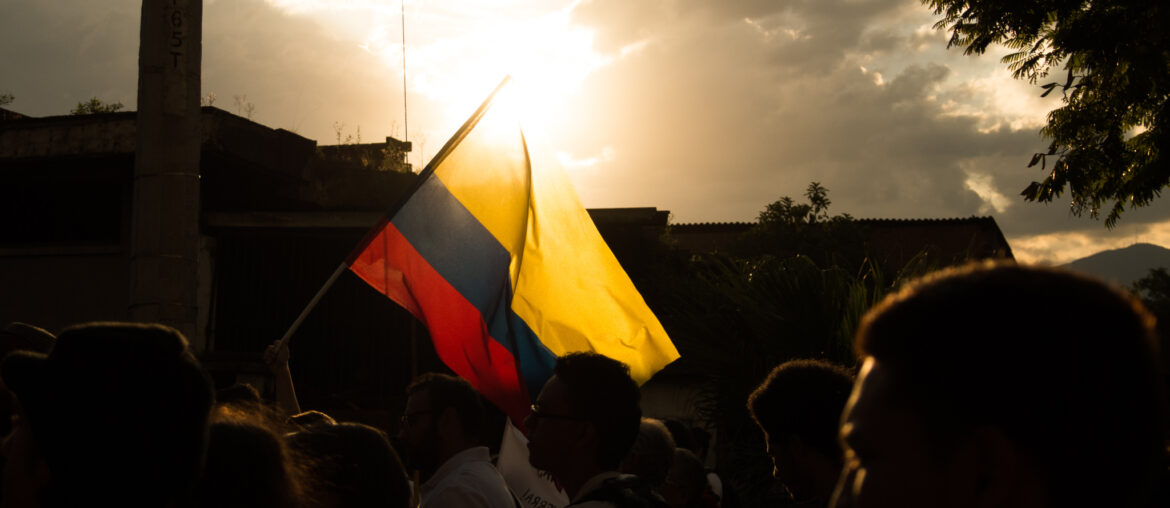Summary
The claimants filed a tutela action against several state institutions alleging failure to comply with their mission of protecting displaced persons and to effectively respond to the displaced’s requests related to housing, access to production projects, health care, education and humanitarian aid. The Constitutional Court determined that the extreme vulnerability suffered by displaced persons, and the State’s repeated failure to provide timely and effective protection, violated their rights to a dignified life, personal integrity, equality, petition, work, health, social security, education, minimum required income and special protection for the elderly, women heads of family, and children. According to the Court, this prolonged, repeated mass violation resulted from a structural problem caused by lack of resources and poor institutional capacities. Such situation was described as an “unconstitutional state of things” that imposes upon competent regional and national authorities the obligation to adjust their actions in order to ensure there is harmony between their commitments based on constitutional and legal mandates, and the resources allocated to guarantee effective enjoyment of rights by the displaced. Consequently, the Court ordered Consejo Nacional Para la Atención Integral a la Población Desplazada por la Violencia [Nacional Council for Full Assistance of Persons Displaced by Violence] to ensure obligations set by competent authorities were consistent with resources effectively allocated to the protection of the rights of the displaced, and that minimum rights were timely and effectively protected.
Keywords: Acción de tutela instaurada por Abel Antonio Jaramillo, Adela Polanía Montaño, Agripina María Nuñez y otros contra la Red de Solidaridad Social, el Departamento Administrativo de la Presidencia de la República, el Ministerio de Hacienda y Crédito, Refugees, Asylum, Seekers, Displaced, Persons, Rights
